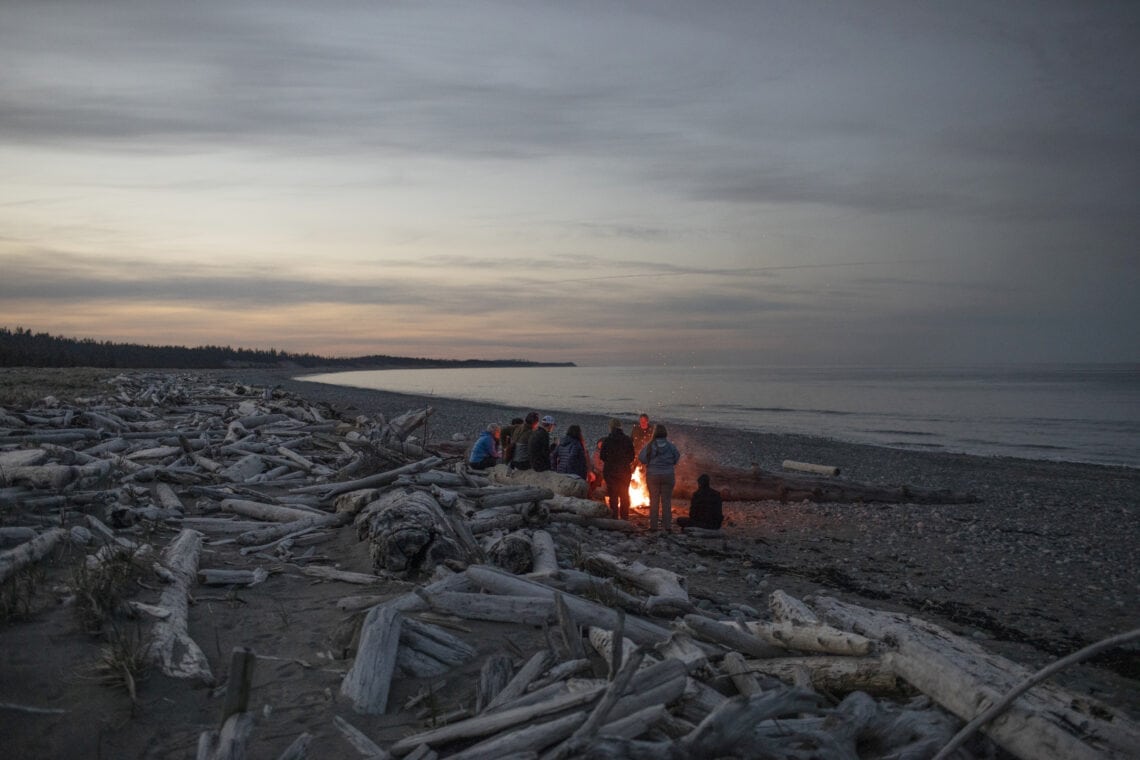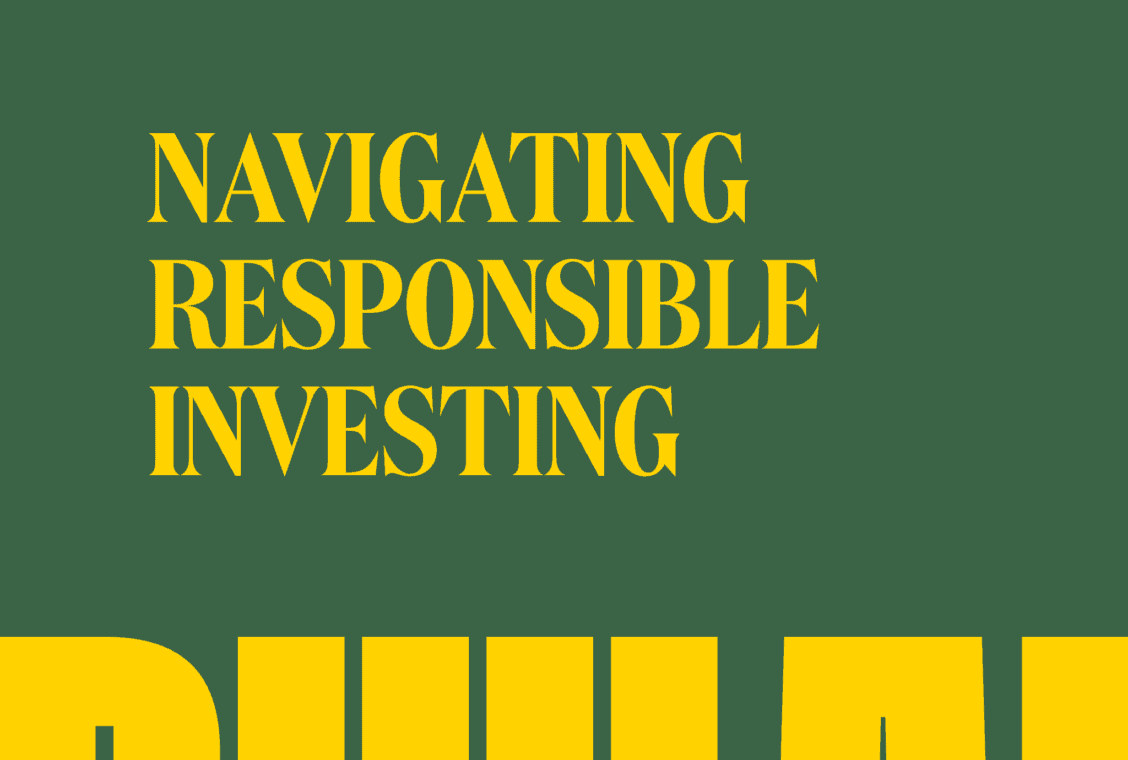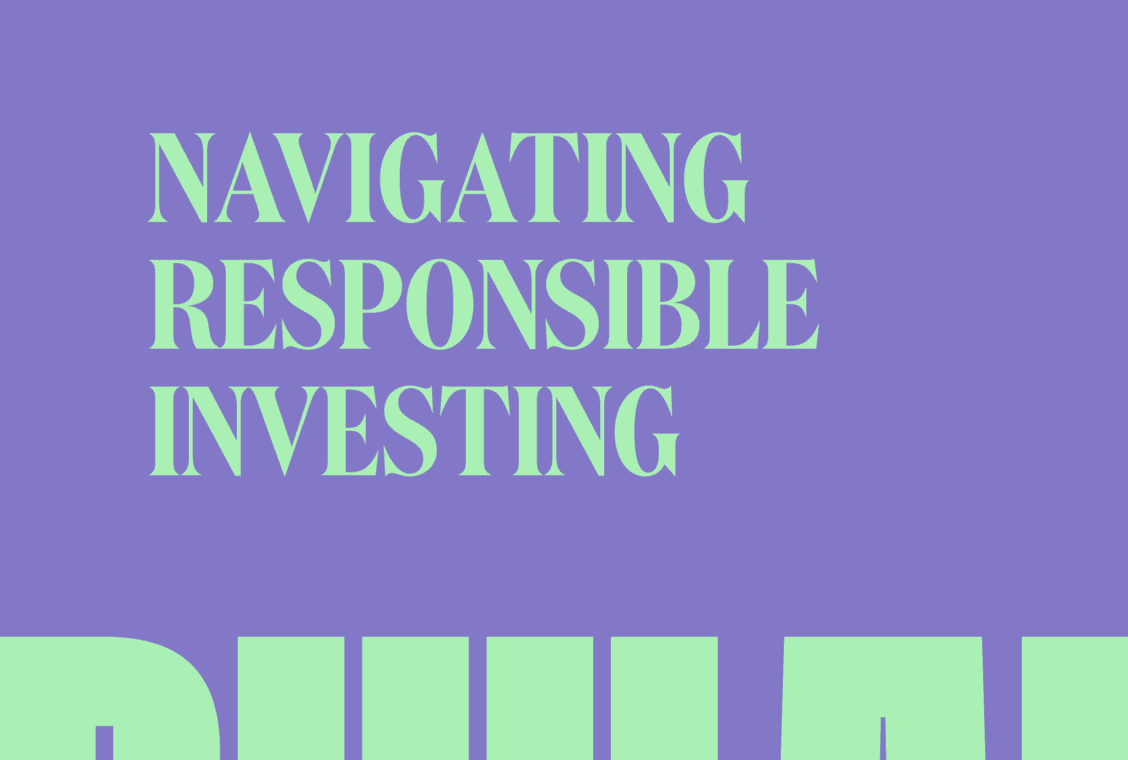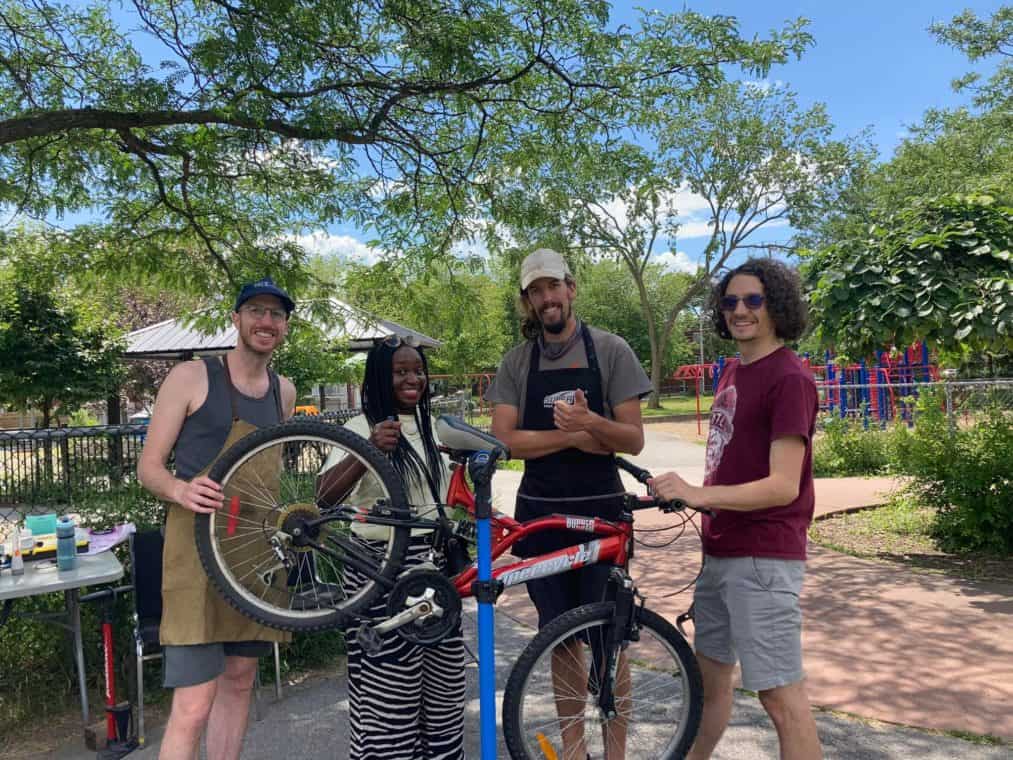Why the Trottier Foundation is following the science and betting big on climate solutions
The family foundation’s commitment to the Climate Champions initiative is a call to action for other funders to adopt a climate lens and grant in this space. Lorne Trottier offers three reasons why they should.







